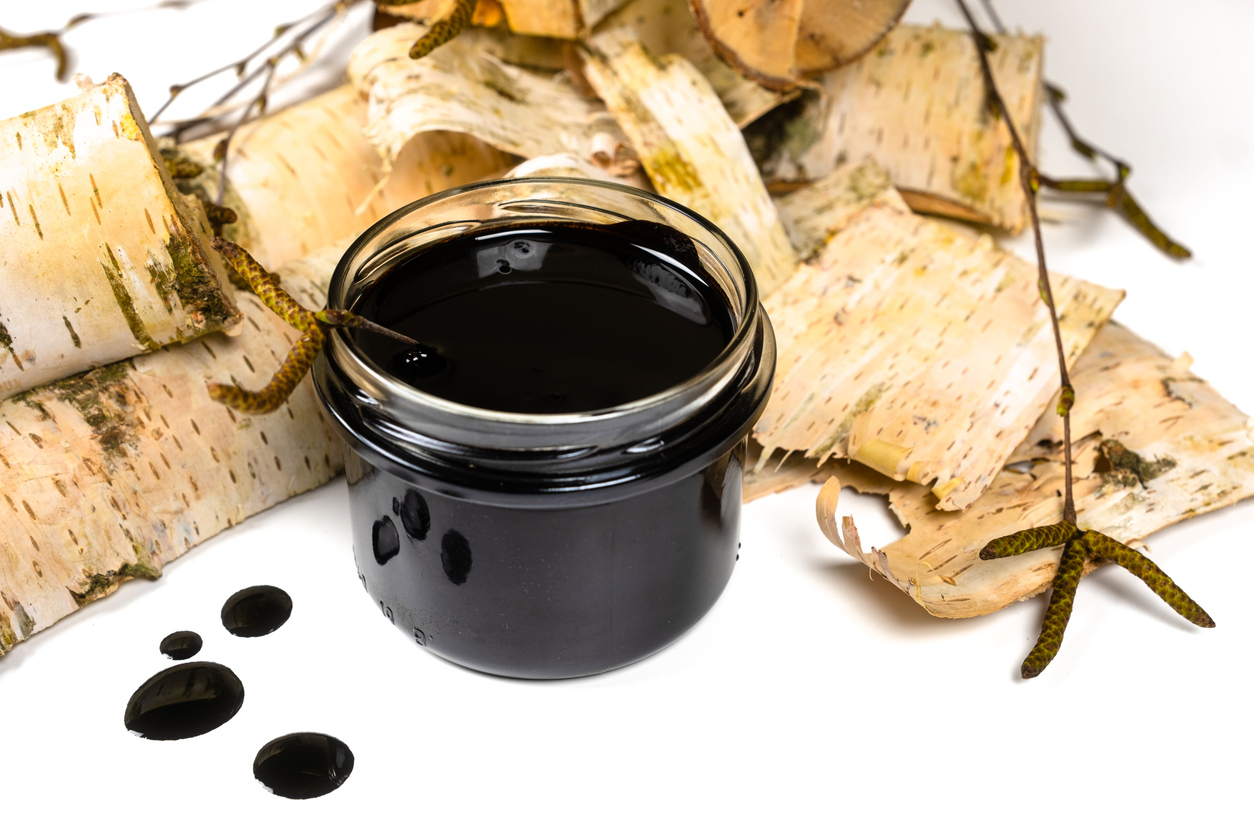African Imports: Key Products, Trade Partners, and Market Trends
Africa is a growing economic force, importing a wide range of products to support its industries, businesses, and consumers. From food and agricultural products to technology, machinery, and manufactured goods, African imports play a crucial role in shaping the continent’s economies.
This article explores what Africa imports, its key trade partners, and current market trends, providing insights for businesses looking to trade with Africa.
1. What Does Africa Import?
African imports vary by country, influenced by economic development, natural resources, and industrial needs. However, some key categories of imports remain consistent across the continent.
A. Machinery & Industrial Equipment
🔹 Heavy machinery for construction, mining, and manufacturing.
🔹 Power generation equipment, including solar panels and generators.
🔹 Automotive imports, including vehicles, spare parts, and heavy trucks.
B. Food & Agricultural Products
🔹 Wheat, rice, and cereals – Africa relies on imports from Russia, Ukraine, and the U.S. to meet food demand.
🔹 Dairy products – Countries like Algeria, Nigeria, and Egypt import large quantities of milk, cheese, and butter.
🔹 Edible oils and sugar – Palm oil from Indonesia and Malaysia is widely imported.
C. Electronics & Technology
🔹 Smartphones, laptops, and telecom equipment – Mostly imported from China, South Korea, and the U.S..
🔹 Medical devices and pharmaceuticals – Many African nations import essential medicines and healthcare products.
D. Petroleum & Chemicals
🔹 Refined petroleum products – While Africa is rich in oil reserves, it lacks refining capacity, leading to large fuel imports.
🔹 Fertilizers and pesticides – Crucial for supporting agriculture.
🔹 Plastics and raw materials – Used in manufacturing and packaging industries.
E. Textiles & Clothing
🔹 Fabric and ready-made garments – Imports from China, India, and Turkey support Africa’s growing fashion industry.
🔹 Footwear and leather products – Imported in large volumes to meet consumer demand.
2. Africa’s Top Import Partners
1. China 🇨🇳
- Africa’s largest trade partner, supplying machinery, electronics, textiles, and industrial equipment.
- Exports to Africa exceed $100 billion annually.
2. India 🇮🇳
- Major supplier of pharmaceuticals, textiles, and refined petroleum.
- India has strong trade ties with East and Southern Africa.
3. European Union 🇪🇺
- Countries like Germany, France, and the Netherlands export vehicles, machinery, and medical equipment to Africa.
- France and Italy are key exporters of processed foods and beverages.
4. United States 🇺🇸
- Supplies agricultural products, vehicles, and technology to African markets.
- The African Growth and Opportunity Act (AGOA) allows duty-free exports to the U.S., strengthening trade ties.
5. United Arab Emirates 🇦🇪
- A major re-export hub for electronics, gold, and petroleum products into Africa.
- Strong trade relations with North and East Africa.
3. Key Trends in African Imports
A. Rising Demand for Technology & Digital Infrastructure
- Increased smartphone penetration is driving imports of mobile devices and internet infrastructure.
- African governments are investing in tech and digital transformation.
B. Growth in Processed Food & Agricultural Imports
- Rapid urbanization and population growth are increasing the demand for imported food products.
- Countries are looking for alternative grain suppliers due to global supply chain disruptions.
C. Shift Towards Sustainable Energy & Electric Vehicles (EVs)
- African nations are importing more solar panels, batteries, and EVs.
- Countries like South Africa, Kenya, and Egypt are promoting green energy initiatives.
D. Expansion of E-Commerce & Logistics
- The rise of online retail in Africa is boosting imports of consumer goods, fashion, and electronics.
- Improved logistics and trade agreements are simplifying the import process.
4. Challenges in African Imports
Despite opportunities, businesses face several challenges when importing to Africa:
🚢 High Import Duties & Tariffs – Some countries impose hefty taxes on imported goods.
📜 Regulatory & Compliance Issues – Different nations have strict customs regulations.
🏗 Infrastructure Limitations – Some regions lack efficient ports, roads, and warehouses.
💰 Currency & Payment Risks – Exchange rate fluctuations can impact trade deals.
5. How to Import to Africa Successfully
For businesses looking to export goods to Africa, here are key steps:
✅ Understand Import Regulations – Research customs duties, permits, and product certifications.
✅ Partner with a Reliable Importer/Distributor – Companies like Wigmore Trading specialize in sourcing and distributing goods across Africa.
✅ Optimize Logistics & Shipping – Work with efficient freight forwarders to reduce costs and delays.
✅ Focus on Local Market Needs – Each African country has unique demands – tailor your products accordingly.
6. Conclusion
Africa’s import market is diverse and expanding, offering opportunities for global businesses. Machinery, electronics, food products, and industrial goods remain top imports, with key suppliers including China, India, the EU, and the U.S.. As Africa modernizes, technology, sustainable energy, and e-commerce will drive future import trends.
Looking to import goods to Africa or find reliable African importers? Wigmore Trading provides expert logistics, sourcing, and distribution solutions. Contact us today to expand your trade in Africa!








Comments are closed.